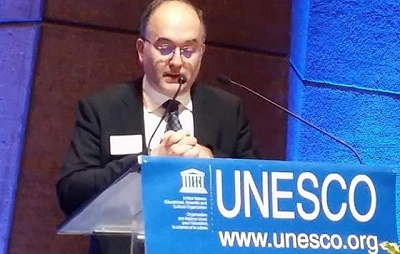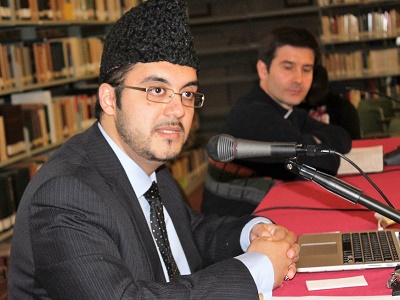Etudes Arabes 118 is now available
The latest issue of Etudes Arabes (118) entitled La transmission des savoirs. Questions autour de l’enseignement islamique is now available.
The current number offers a panorama and some ideas to better understand the transmission of knowledge, especially concerning the question of teaching (contents, place, transmitters) in the Arab and Islamic world, with a particular focus in Africa. We sought to identify in this duty the thread that unites the educational experiences of Muslims and the ways in which they respond to the challenges of the time, using the tools of the local culture and adapting them to the “global” Islamic world. The first text is by Muḥammad ʻAbduh (1849-1905), on the value and need for an educational system capable of responding to the challenges of the time; the second one concerns the teaching of Arabic language in African countries.
Some case studies follow: the first is by Ādam al-Ilūrī (1917-1992) a pioneer of Islamic education in the Arabic language in the Yorubaland in Nigeria. The second case examines the educational work of the reformist Maḥmūd Muḥammad Ṭāhā (1909-1985), focusing on his search for gender and social equality to strengthen Sudanese society. Finally, a study on Burkina Faso’s system of écoles franco-arabes (EFAs) is presented.





















